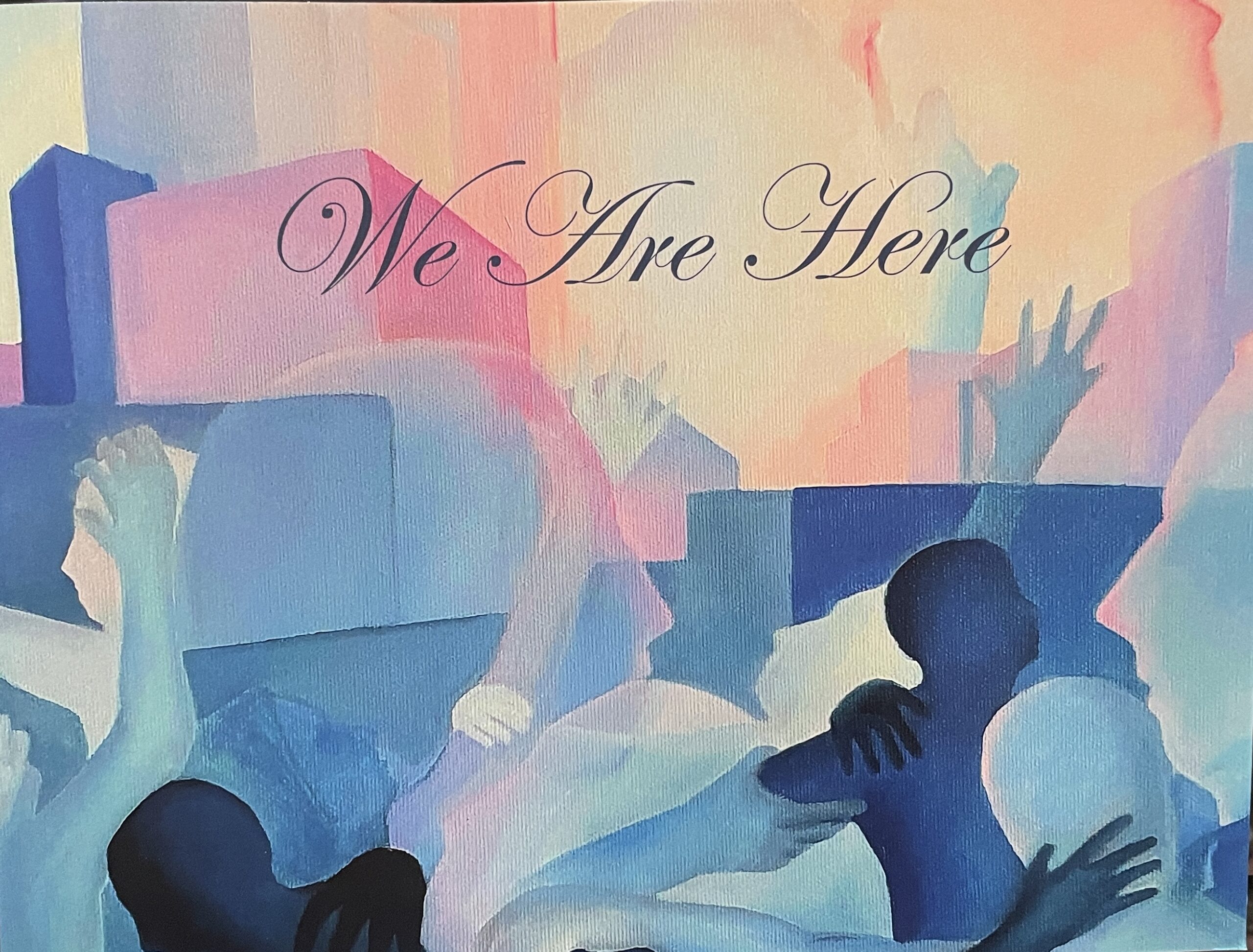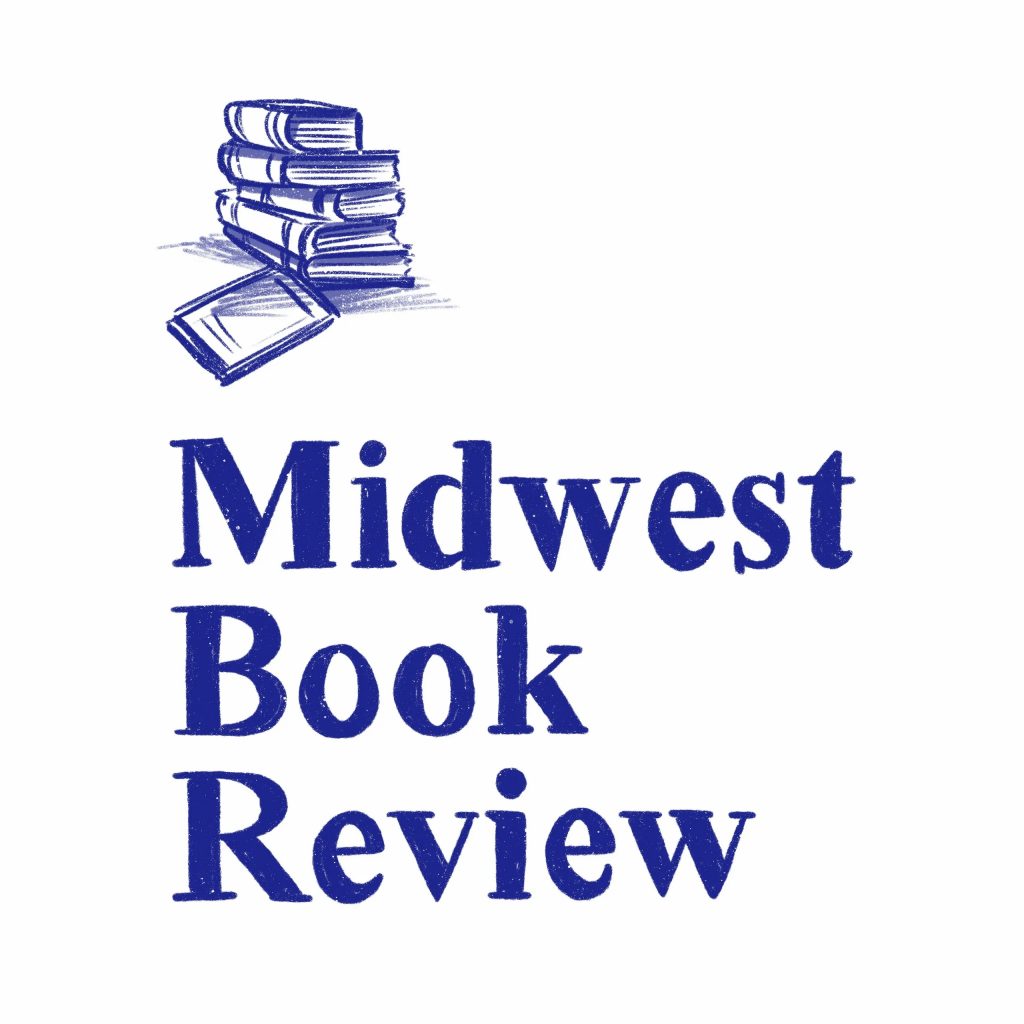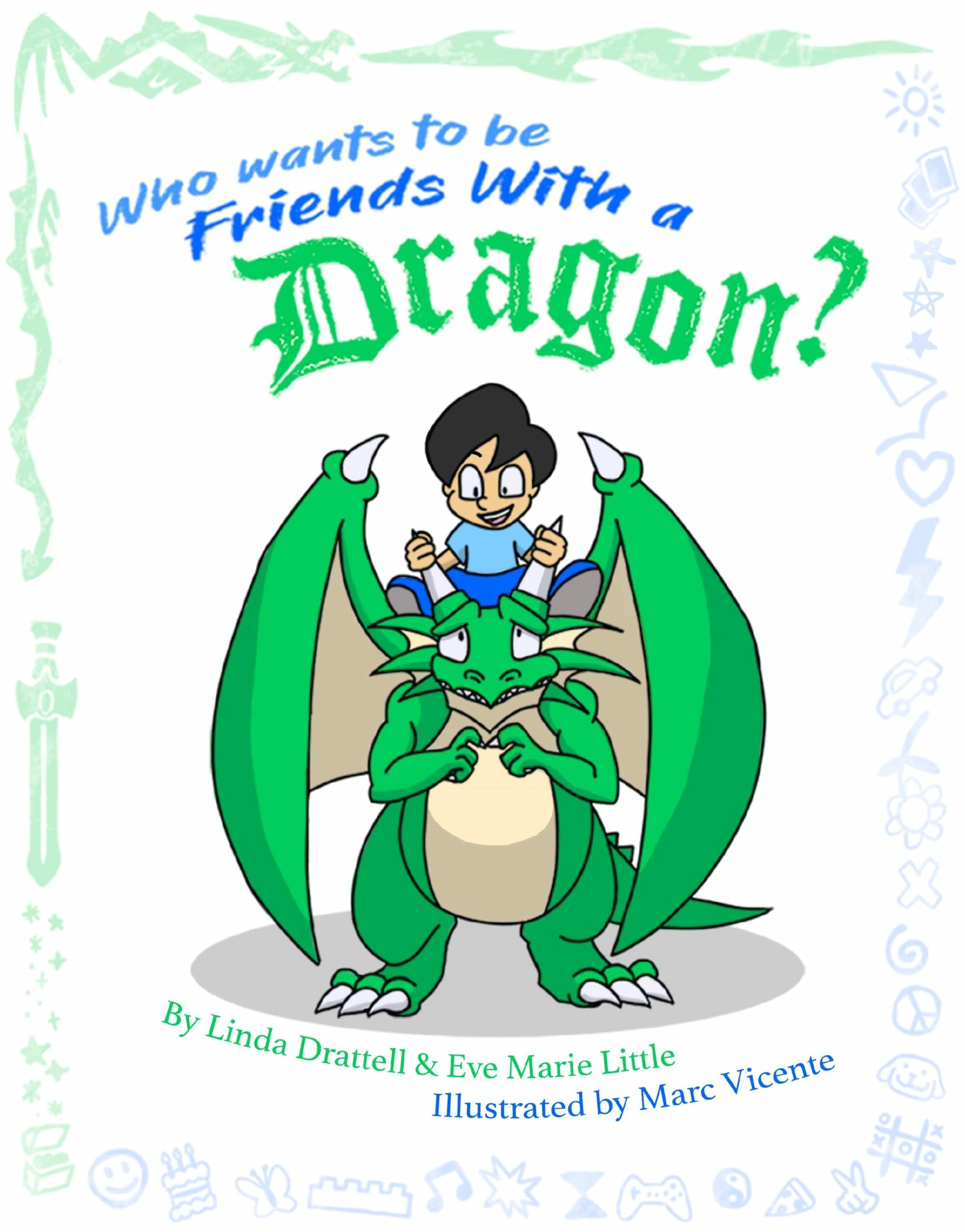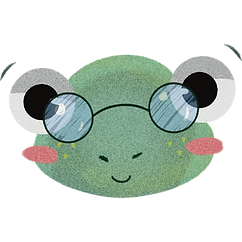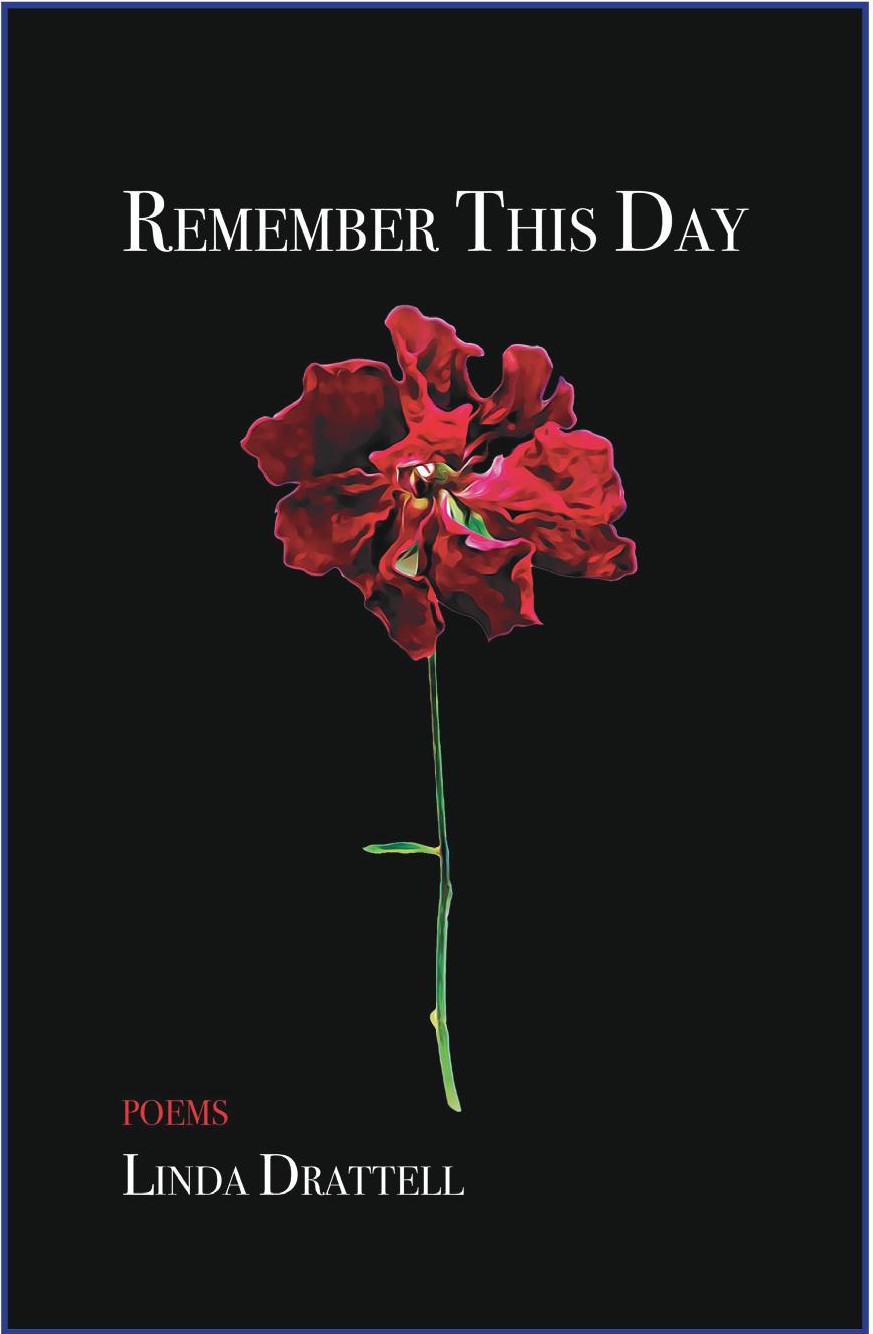(Published in “We Are Here” anthology)
In
a grassy field
shared with an aging bay horse
four goats, two Nigerian and two Nubian
of different mothers, form an unlikely herd. The undeveloped
stretch where they run and forage rolls boundless, pristine pasture
purchased by a man who thought he would build on it,
but the land lies in a flood plain, so
the field remains as virginal
as the day he
bought
it.
The
four goats who
claim this field want their necks
stroked, ears scratched, that soft spot at the base
of the V between their racks rubbed, but don’t mistake
them for docile creatures. They will fight fiercely for snacks offered,
clash brutally, bash foreheads, lock curved white horns, attack with whiter teeth
for a banana peel or piece of carrot or Fig Newton cookie.
They battle over the scant shade offered beneath
sparse boughs and the narrow awning
shielding the old
horse’s feed
bin.
Nutmeg,
the black and beige goat
with angular horns jutting like two boomerangs,
holds sway over the other three goats. Lately, he suffers
debilitating arthritis in his legs, his joints have lost their agency,
his bones struggle to work in tandem, the links between them broken.
His right front leg resists any attempt to put weight on it,
causing him to trip and fall, even at a slow pace,
move forward with
an abnormal
hop.
He
has become thin,
can barely forage despite the
lush green of the plain and the autumnal leaves
tumbling from the oak tree in the middle of the field.
He is attacked by two of the others. The fourth goat, having
no hope of competing, minds his place, observes
quietly as one of the contenders
hammers his horns into
Nutmeg’s
side.
Yet,
as the night
falls to freezing temperatures,
the other goats follow Nutmeg to where
he chooses to rest, nestle around him oblivious
to horse and goat manure, use the
warmth of their bodies
to shield him from
the icy
wind.
